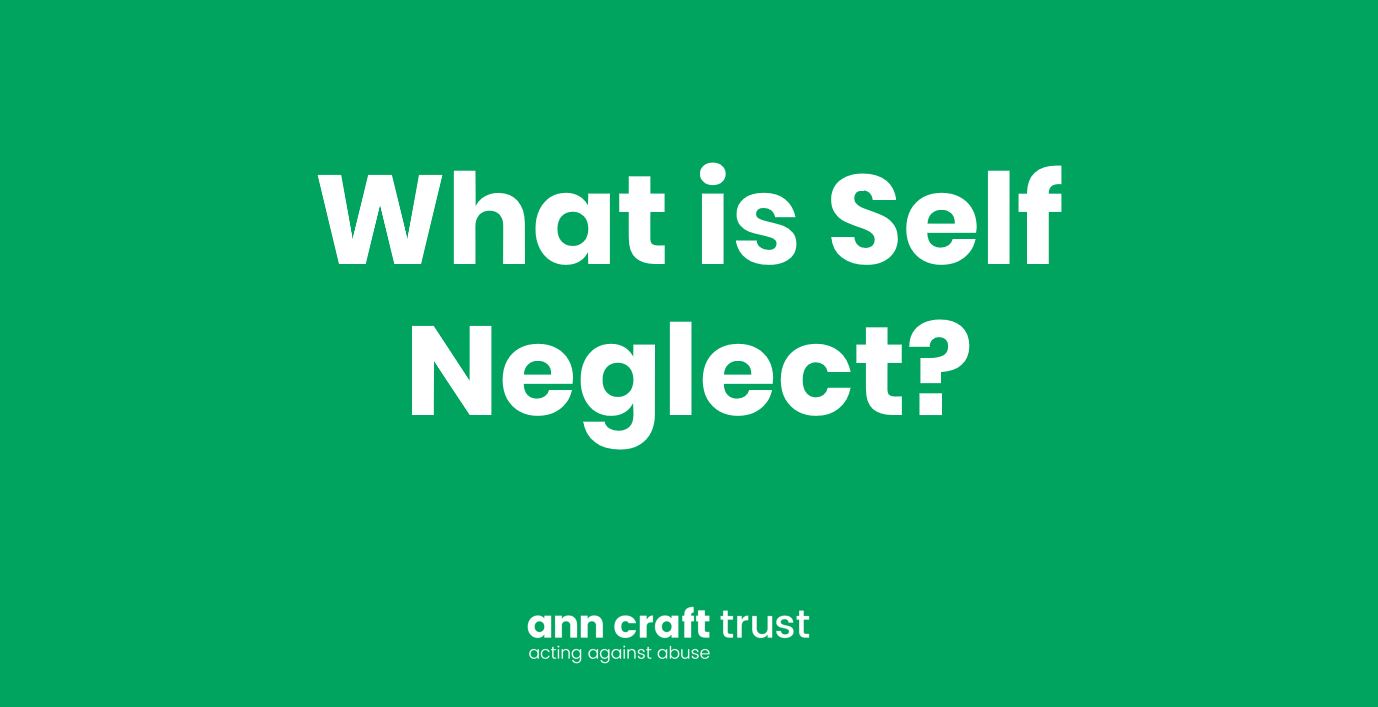
The term “self-neglect” covers a wide range of behaviour neglecting to care for one’s personal hygiene, health or surroundings.
Examples of self-neglect include:
- A refusal or inability to cater for basic needs, including personal hygiene and appropriate clothing.
- Neglecting to seek assistance for medical issues.
- Not attending to living conditions – letting rubbish accumulate in the garden, or dirt to accumulate in the house.
- Hoarding items or animals.
What Causes Self-Neglect?
Self-neglect can result from any mental or physical illness that has an effect on the person’s physical abilities, energy levels, attention, organisational skills, or motivation.
There are two types of self-neglect:
Intentional, or Active Self-Neglect: When a person makes a conscious choice to engage in self-neglect. For example, they may actively refuse to visit a doctor when they’re feeling unwell.
Non-Intentional, or Passive Self-Neglect: When health-related conditions contribute to a risk of developing self-neglect. For example, a person with a learning disability may have lapses in concentration that may make them forget to attend to their personal hygiene.
How To Respond to Self-Neglect Cases
In most safeguarding issues, The Care Act 2014 (Section 42) requires that each local authority must make enquiries, or cause others to do so, if it believes an adult is experiencing, or is at risk of, abuse or neglect. This enquiry should establish whether any action needs to be taken to prevent or stop abuse or neglect. And if so, by whom.
Cases of self-neglect may not prompt a Section 42 enquiry. We invariably judge these cases on a case-by-case basis. Whether or not a response is required will depend on the adult’s ability to protect themselves by controlling their own behaviour. There may come a point when they are no longer able to do this, without external support.
Treatment for self-neglect can include addressing the underlying cause of the condition, whether this is depression or a more severe learning disability. Home care is another good solution for self-neglect cases. Carers can attend to cleaning, dressing, or feeding the individual in a way that does not interfere with their independence or autonomy.
It is key to establish a trusting relationship with a person who is engaging in self-neglect because. Restricting their autonomy can be harmful.
If you’re concerned that someone you know may be neglecting their basic needs, get in touch. We’ll be able to advise you on who to approach to get the help you need.
Call us on 0115 951 5400.
